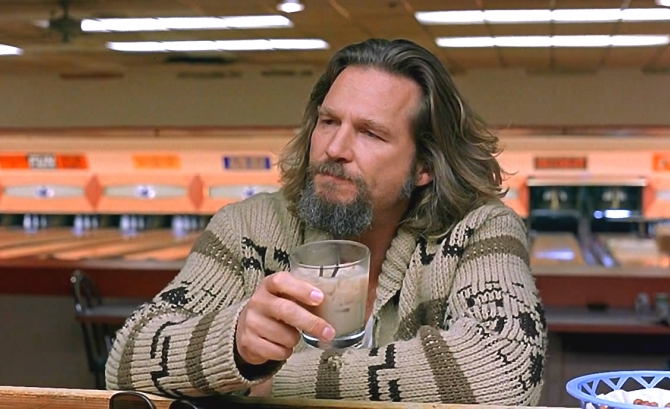
The Coen Brothers are master storytellers that possess a cinematic and narrative genius that is unparalleled in contemporary American Cinema. Their films are mazes, riddled with irony and brimming with paradoxical narrative elements. They dip their audience into a postmodern labyrinth teaming with abstract meaning.
As a result, viewers get caught into a near maddening cycle of interpretations that evolve and reshape well after the end credits roll. It is this shifting of interpretation that makes their films increasingly captivating with each viewing. None of their films achieve this depth of meaning more so than The Big Lebowski (1998).
The story of The Dude (Jeff Bridges) is, as its omniscient narrator would put it, “…every bit as stupefyin’ as anythin’ you’d see elsewhere.” The film’s intricate plot, which is essential to the layered complexity of the Coens’ brand of cinema, presents a tapestry of philosophies and ethoses, all counteracting each other throughout, giving the film an ideological level of meaning that is richer than any of their other films’.
In terms of narrative (character and plot interplaying to create theme and meaning), The Big Lebowski is the more sophisticated and more fun than any film in their canon.
1. Blending the Boundaries Between Genres
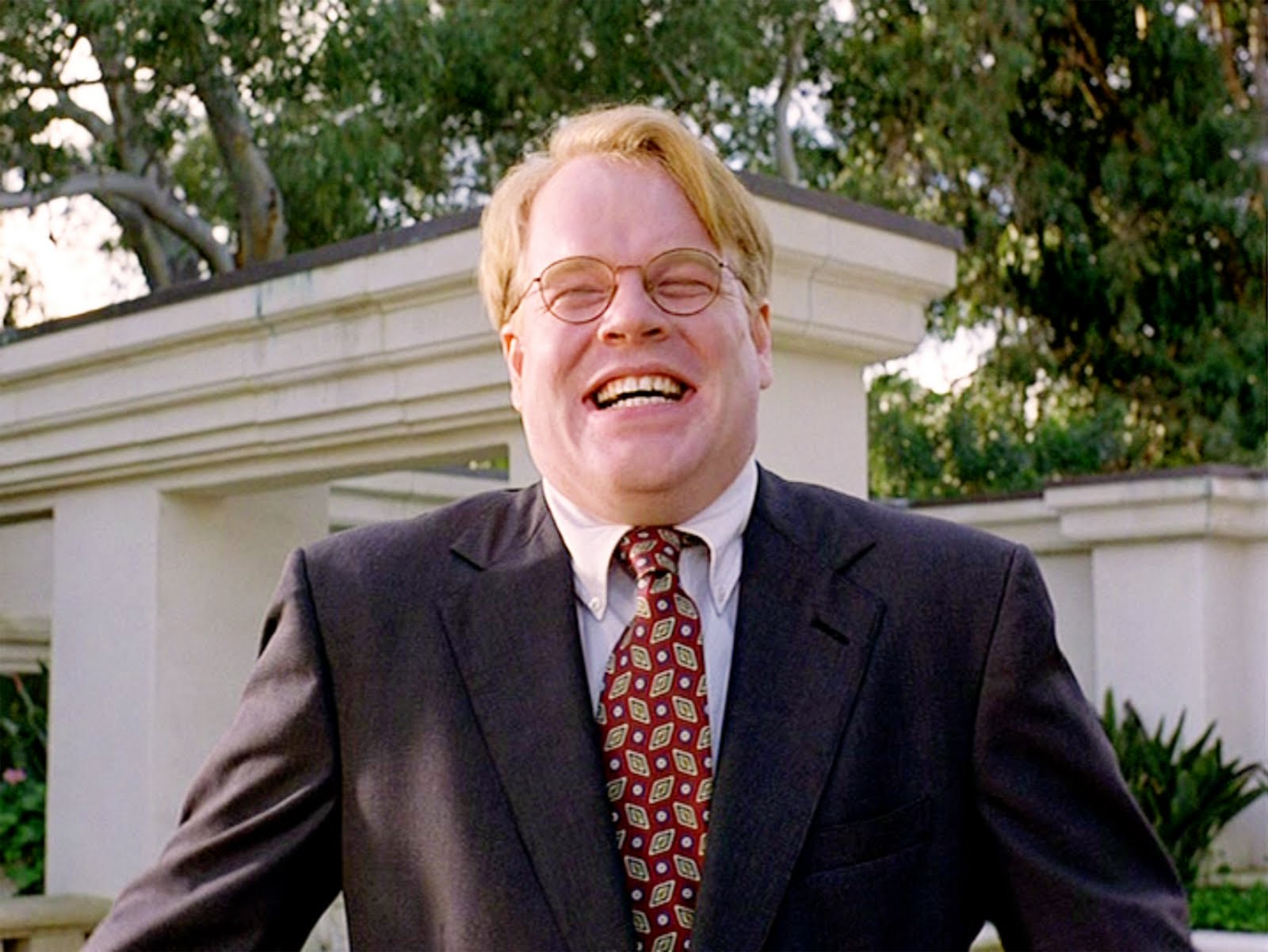
The Brothers Coen are known to play jump rope with the boundaries of genre within an individual film. Whether it is the dark comedy/family melodrama/kidnapping caper/detective story of Fargo (1996), or the prison break/southern gothic/period piece adapted from The Odyssey of O Brother, Where Art Thou? (2000), their films do not adhere to the cookie cutter definition of one single genre. They use a medley of tropes from separate genres in The Big Lebowski.
The opening shot of a desert in the American west, with the voice over narration of a cowboy, known only as The Stranger, draws from the western genre. These western-invoking images and sounds only last for a brief moment, until The Coen Brothers reveal their setting, Los Angeles, that indicates the film will not be a traditional western.
The protagonist of the film, Jeffrey “The Dude” Lebowski, is no valiant cowboy. He is a slacker straight out of a stoner-comedy, and his constant joint smoking, along with the film’s absurd plot, accentuate that genre.
The absurdly complex plot also resembles that of another American film genre: neo noir, which is characterized by a layered plot in which a small crime unveils a grander conspiracy. In The Big Lebowski, the small crime is a thug, hired by a porn producer, urinating on The Dude’s rug.
This crime sticks The Dude in the middle of a conspiracy in which a billionaire, also named Jeffrey Lebowski, is using him as the fall man for the transfer of a ransom for the billionaire’s kidnapped wife, which the billionaire wants to go awry because he’s grown tired of his trophy wife, and it turns out the ransom note was sent by a third party group of nihilists that didn’t even kidnap the wife in the first place.
On top of that, The Dude is sucked into retrieving the debt that the billionaire’s wife owes to the porn producer who hired the thugs that pissed on The Dude’s rug in the first place. As the Dude would say, it is a plot with “a lot of ins and a lot of outs.”
2. The Stranger
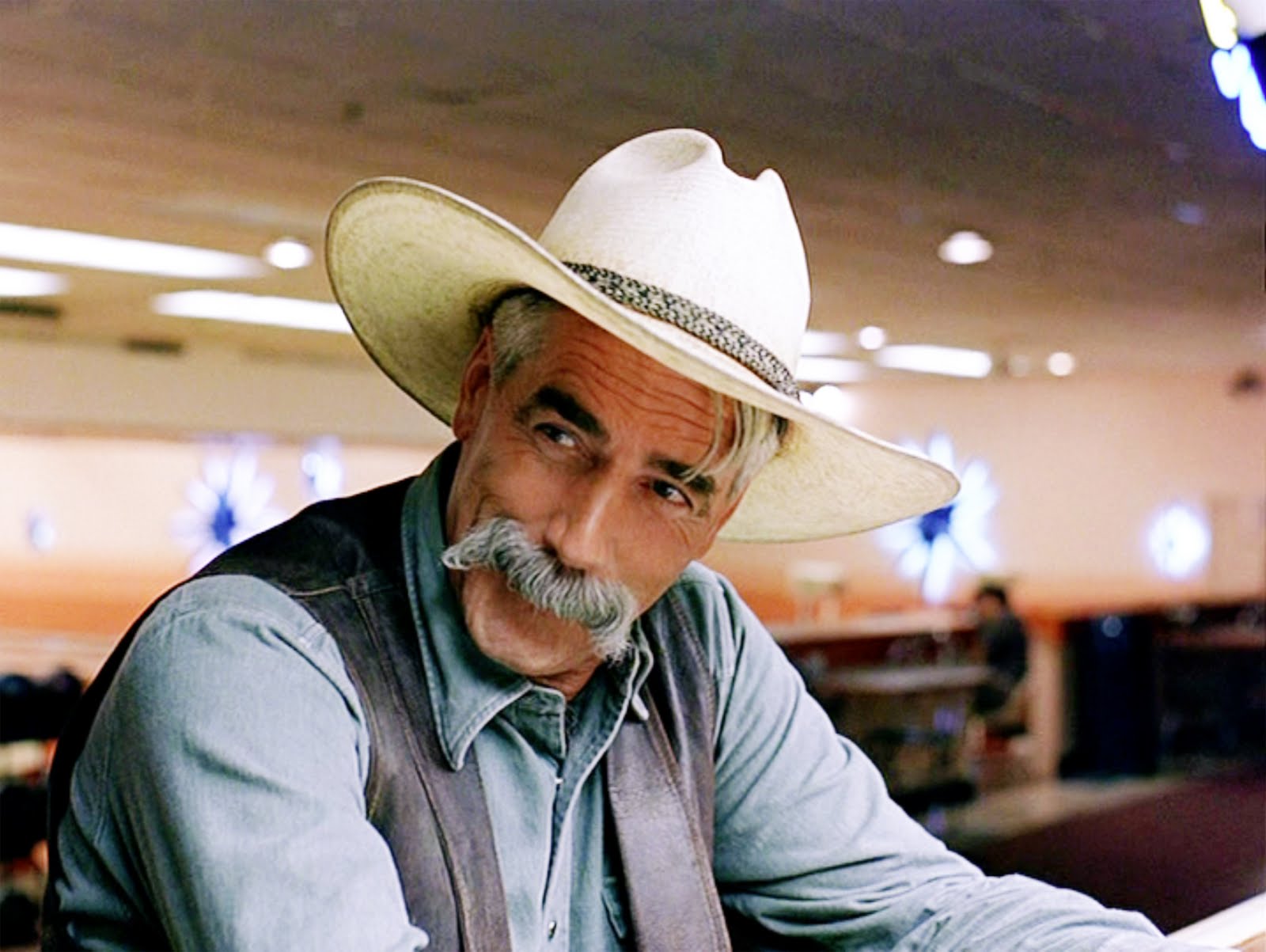
The Stranger (Sam Elliot), an archetypal character of the western genre, is the omniscient narrator of the film. His cowboy appearance is a representation of the wild spirit of the old west that still lives in the Los Angeles. He is the character that introduces the audience to The Dude, and indicates that (in true paradoxical Coen Brothers fashion) the film’s protagonist is not the hero we’re used to seeing, or possibly not even a hero at all. “’Cause what’s a hero anyway?”
He only appears in two scenes, and one of his appearances reveals an essential theme. When The Dude is at his lowest point, The Stranger provides him with his pearl of wisdom that goes “sometimes you eat the bar… and well sometimes the bar, he eats you.” That line is a simple articulation of the trials The Dude faces in the film, and the philosophical reason behind why he’s enduring them.
The Stranger is the first character the audience is exposed to, and he sets the precedent for the multidimensional characters with which The Coens populate their films.
3. Eastern Philosophy on the Far Edge of the Western World
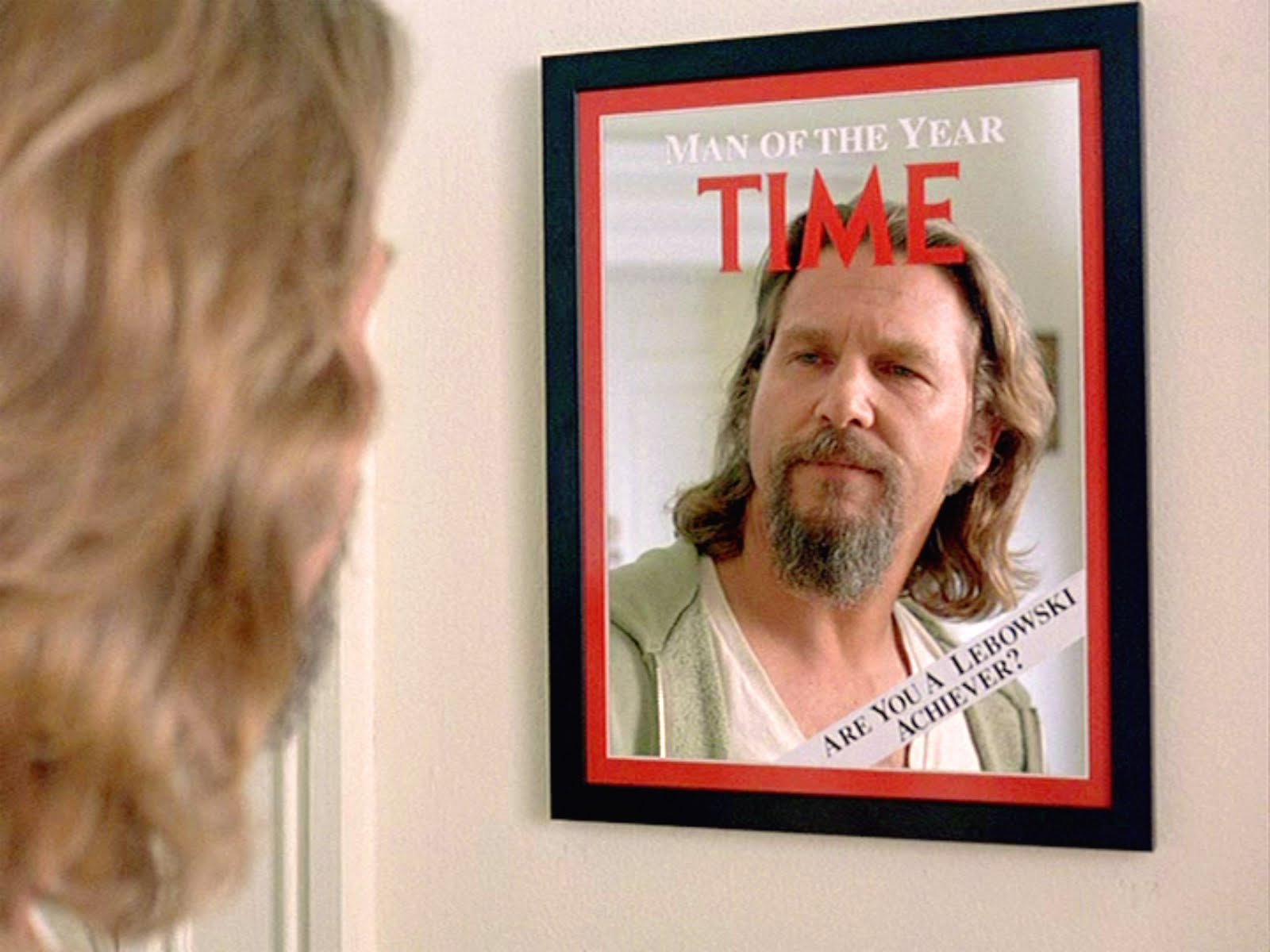
The Big Lebowski has been presented by many scholars as an Americanized interpretation of Taoist philosophy. This ancient Chinese philosophy emphasizes a life in tune with the “wu wei”: a life of effortless action and simplicity. It is a life exactly like The Dude’s.
There is an element of selflessness to Taoism. Taoists strive to live a life without an identity. The Stranger tells the audience in his opening narration “The Dude didn’t have much use for his self,” and The Dude proceeds to correct people to his nameless identity when he is referred to by his birth name. The Dude, who lives a life of ease and simplicity, and prefers not to go about life under the identity of his own name, is the American embodiment of Taoism in The Big Lebowski.
His selflessness is furthered by the altruism he practices throughout the film. He doesn’t do anything for personal gain. His involvement in handling the ransom is only for the benefit of The Other Lebowski and his wife, Bunny.
Taoism is the most prominent philosophy in this film, which presents and explores a multitude of philosophies. The fact that it is so rich with eastern philosophy, and the fact that it takes place in Los Angeles, the western edge of western civilization, is in line with paradoxical nature of The Coen Brothers’ storytelling.
During the scene where The Dude first meets The Stranger at the bowling alley, The Stranger reminds The Dude that in life “sometimes you eat the bar, and sometimes the bar… well, he eats you.” When the Dude asks if that is “some kind of eastern thing,” The Stranger smiles and responds “far from it.” The Stranger is not insisting that that phrase is far from an “eastern thing.” He is suggesting that in this particular story that particular truth, and the philosophy it derives from, is occurring “far from” the east.
4. Walter and The Dude’s Duality
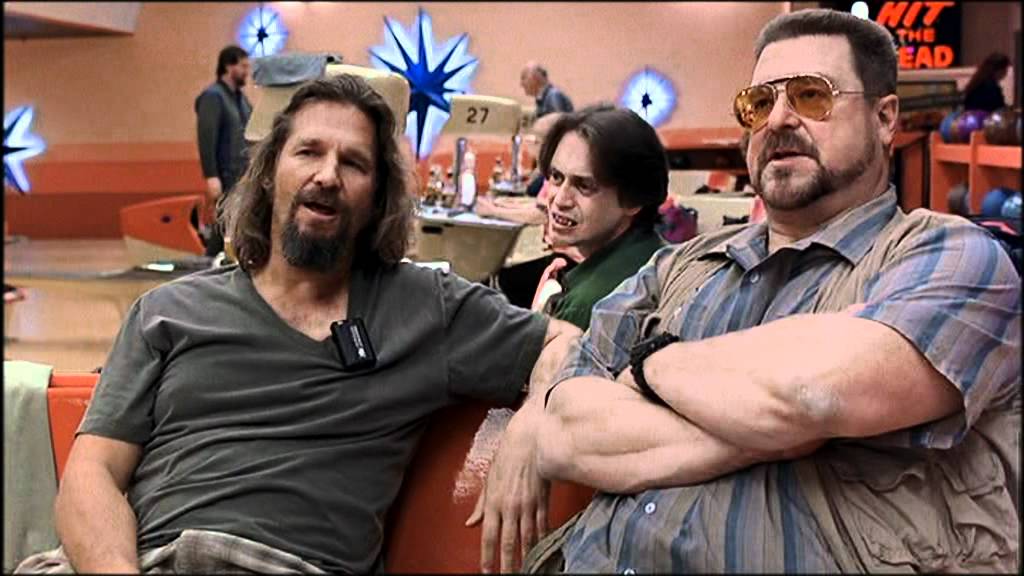
The Yin and Yang relationship between The Dude and his best friend Walter (John Goodman), a veteran of the Vietnam War, fuel the events of the story. The Dude is passive and relaxed and Walter is aggressive and intense. The only reason The Dude is thrust into The Other Lebowski’s elaborate conspiracy is because of Walter.
When Jackie Treehorn’s (Ben Gazzara) thugs piss on The Dude’s rug, it is Walter who convinces The Dude to seek restitution from the other Lebowski, claiming he must “…draw a line in the sand.” Doing so puts The Dude at the epicenter of the conspiracy.
Walter continues to influence The Dude’s worsening situation throughout the film. Walter throws a briefcase full of his underwear out the window when The Dude is entrusted to transfer the ransom. Walter is the one who aggressively interrogates an innocent eleven-year-old boy who they suspected of steeling their million-dollar ransom.
Walter initiates the fight with the nihilist that ultimately kills their friend and bowling teammate, Donny (Steve Buscemi). The Dude would never have caused any of those instances, or served as the “hero” of the story with his easy-going lifestyle. He avoids conflict by nature. Walter pushes The Dude into the conflicts that allow the story to unfold.
Their friendship is a result of the paradoxical nature of The Coen Brother’s films. The two of them differ in every possible way. The only character that The Dude ever directs rage toward is Walter. But it is an undeniable truth that they are the most important people in each other’s lives.
5. This Aggression Will Not Stand
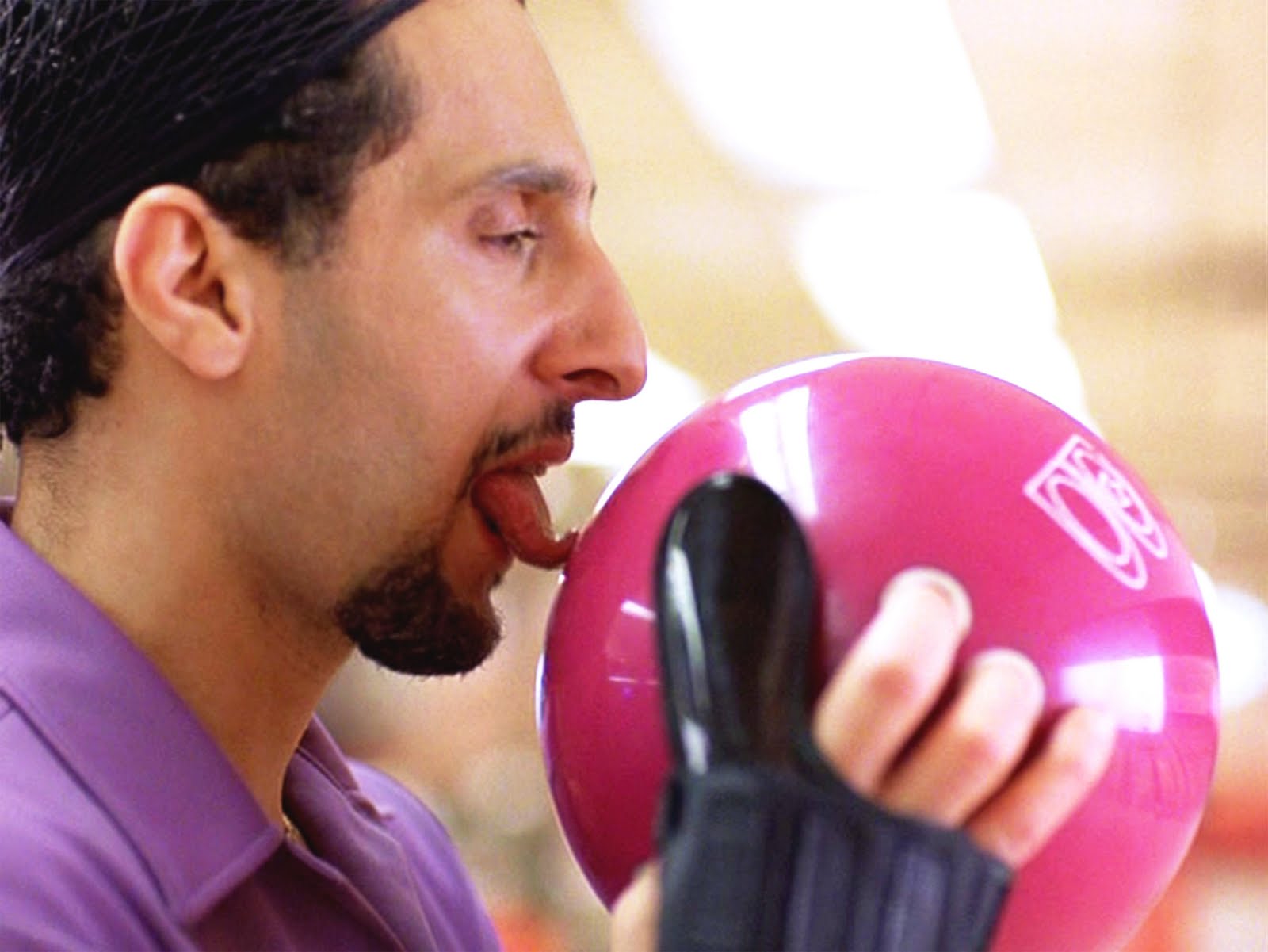
In order to accentuate The Dude’s passive nature The Coens include themes regarding aggression as a juxtaposition. At the end of The Stranger’s opening narration The Dude sees a newscast of President George H.W. Bush addressing the press during Conflict Desert Storm. The only audible line from the president is “this will not stand this aggression against Kuwait.” The Dude then repeats the line later in the film when he confronts The Other Lebowski about his rug.
The events that occur because of The Dude’s assertion reinforce the benefits of his “take it easy, man” lifestyle. Just one small confrontation puts The Dude into a massive and terrifying conflict. If he had taken a passive approach to dealing with the carpet pissers he would have gotten to continue his easy life. But The Coens had to create the paradox of their passive protagonist behaving in an aggressive way to perpetuate their story.